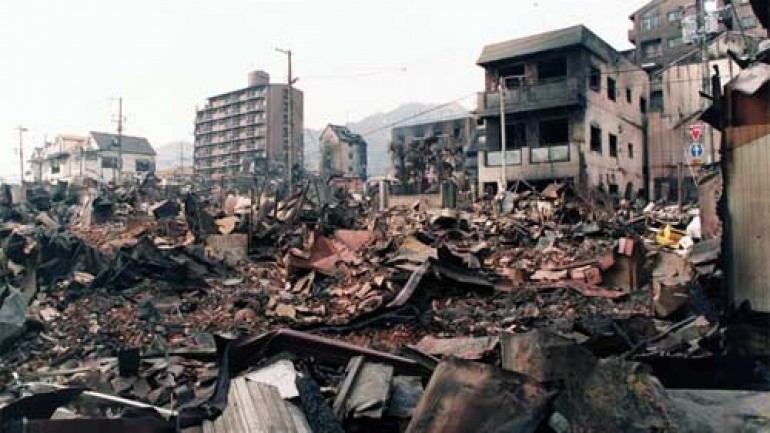Last century, earthquakes killed over one million, and it is predicted that this century might see ten times as many deaths. Yet when an earthquake strikes, it always takes people by surprise.
So why hasn’t science worked out how to predict when and where the next big quake is going to happen? This is the story of the men and women who chase earthquakes and try to understand this mysterious force of nature.
Journeying to China’s Sichuan Province, which still lies devastated by the earthquake that struck in May 2008, as well as the notorious San Andreas Fault in California, Horizon asks why science has so far fallen short of answering this fundamental question.





I’d recommend looking into NASA and other research on the electrical disturbances in the Ionosphere that have preceded and/or followed numerous large(5.0+) earthquakes and tsunami’s.
“Early warning
One study looked at over 100 earthquakes with magnitudes of 5.0 or larger in Taiwan over several decades. The researchers found that almost all of the earthquakes down to a depth of about 35km were preceded by distinct electrical disturbances in the ionosphere…”
http://news.bbc.co.uk/2/hi/7435324.stm
“A French satellite observed a dramatic increase in ultra low frequency radio waves over Haiti in the month before the M7.0 earthquake earlier this year.
…
Now Michael Athanasiou at the Technical University of Serres in Greece and a few buddies say that DEMETER spotted good of evidence of a change in ultralow frequency radio waves in the ionosphere above Haiti in the run up to the quake. “The results reveal a significant increase of the energy of ULF waves, up to 360%, for a period of one month before the main earthquake compared with the energy of the background,” they say. That’s a dramatic increase. These emissions dropped gradually in the month after the quake.”
http://arxiv.org/abs/1012.1533